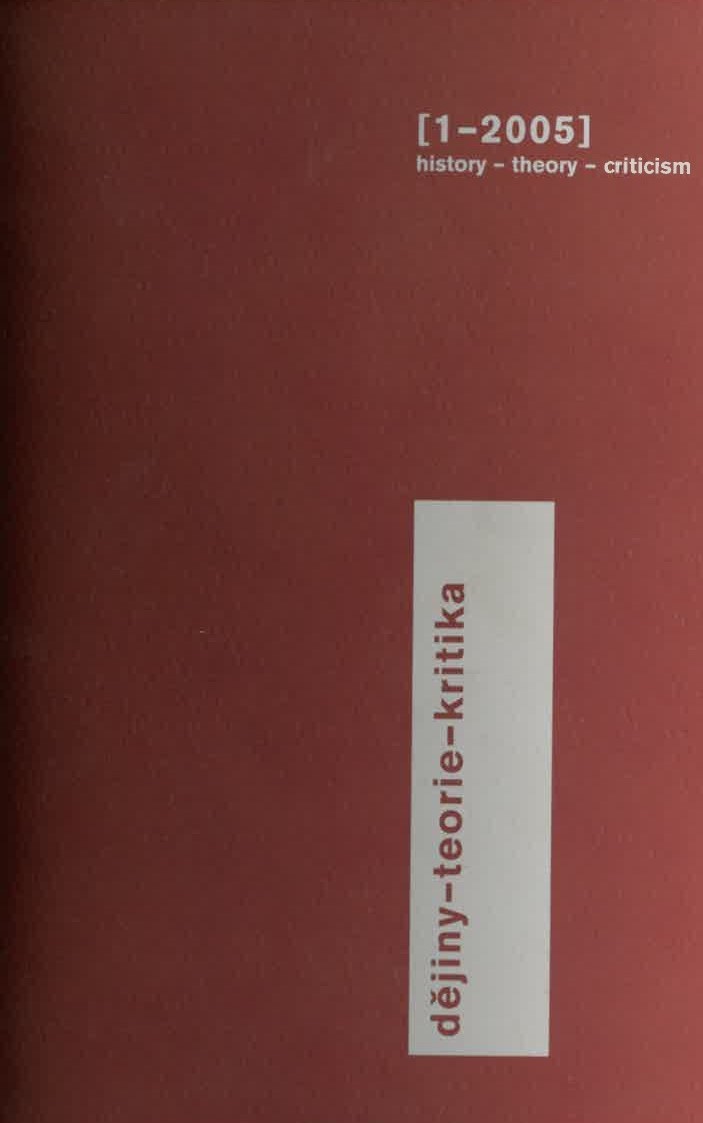The Double Life of Historical Anthropology
Interdisciplinary (Mis)Understanding between Historians, Sociologists and Social Anthropologists
DOI:
https://doi.org/10.14712/24645370.4634Abstract
Since 1989 modern western methodological approaches, including historical anthropology, have been adopted in Czech academic circles, both spontaneously (among historians) and in institutionalised form (the case of ethnology). Very often, however, historical anthropology has been taken up only as an external label that has not meant any real change in research methods. This has simply encouraged the replication of the formal and informal ties and institutions inside the academic community that originated in the period of "normalisation" and that undermine the possibility of the real transformation of our academic environment. The author therefore attempts to distinguish in terms of both theory and method between two types of "historical anthropology": chronologically the first type has been closer to historical sociology (and directed in its way to the history of mentalities), while the second drew inspiration from social anthropology and led towards micro-history. In the Czech environment the ethnologists are closer to the first and the historians to the second, but often without either group being aware of the fundamental difference between the two types.


